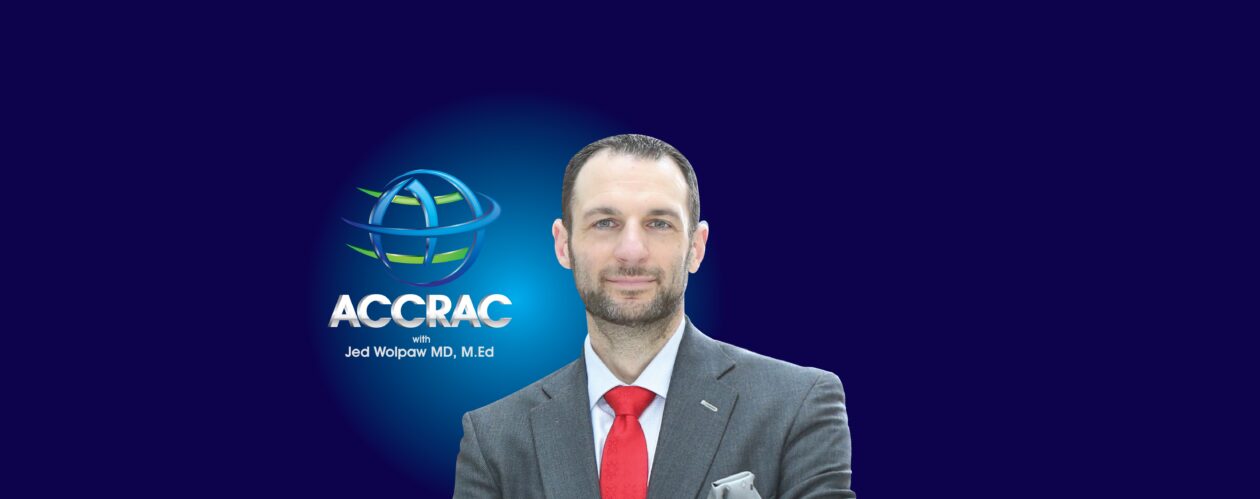
/
RSS Feed
In this 146th episode I welcome back Dr. Lee Goeddel to the show to discuss critical care ultrasound including how it differs from POCUS and how people can prepare for the new certification exam.
CME: https://earnc.me/AnFeQx
References:
Pears and Pitfalls in Critical Care Ultrasonography: https://www.ncbi.nlm.nih.gov/pmc/articles/PMC5693549/

Thanks for the great podcast. One of the questions I had for Dr. Goeddel: I’m interested in obtaining certification but am unsure what specifically defines a “complete critical care TTE”. Per the CCEeXAM requirements, this means the TTE must include all obtainable elements of the TTE, but does not specifically define if this includes diastology, Tricuspid valve VTIs, MAPSE, Simpson’s method to evaluate LVEF, fractional area of change, etc. In addition, some/much of this exam is difficult to obtain in cardiac surgery patients due to their chest tubes/dressings. Given these limitations, what are you doing to ensure your fellows get the appropriate number of scans?
Here is Dr. Goedells response:
At this point in time, I think one best interprets the CCexam requirements as an attempt of the qualitative measurements you describe: so We have an imaging protocal for fellows to follow to obtain or attempt o obtain all that is mentioned. However, our philosophy is a little more complex as we integrate the cc us exam into classic critical care training and differential diagnosis building. So we teach first to come to the bedside of a critically ill patient with a differential diagnosis and use the echo to first attempt to evaluate ones differential diagnosis. Then when time limited therapy/decision making is initiated our fellows do comprehensive imaging. This is bolstered by a robust infrastructure where we store a lot of images and upload wirelessly to our image management service.
Then fellows, within the image managing service quickly evaluate the study via a form that contains all the comprehensive details and they complete to the best of their ability. One of our ultrasound icu faculty rhen overreads to give credit if appropriate. It is then easy for us to look at the end of the year or in 5 years and say exactly how many exams were performed by each trainee.
This is modeled after how most cardiology echo labs train and credential their trainers.